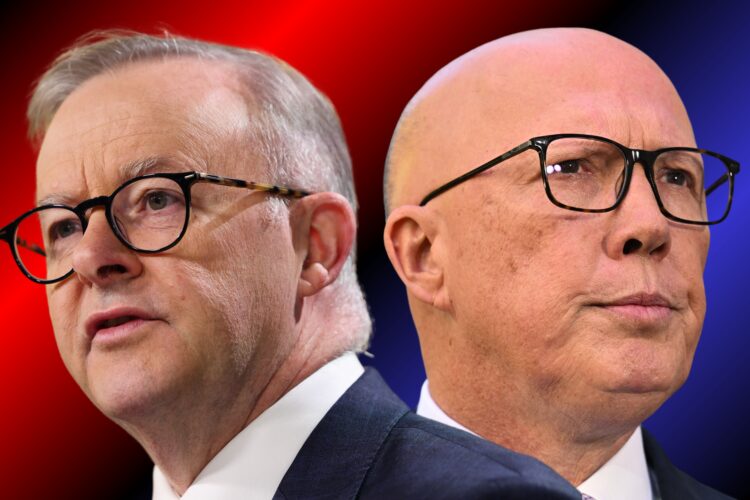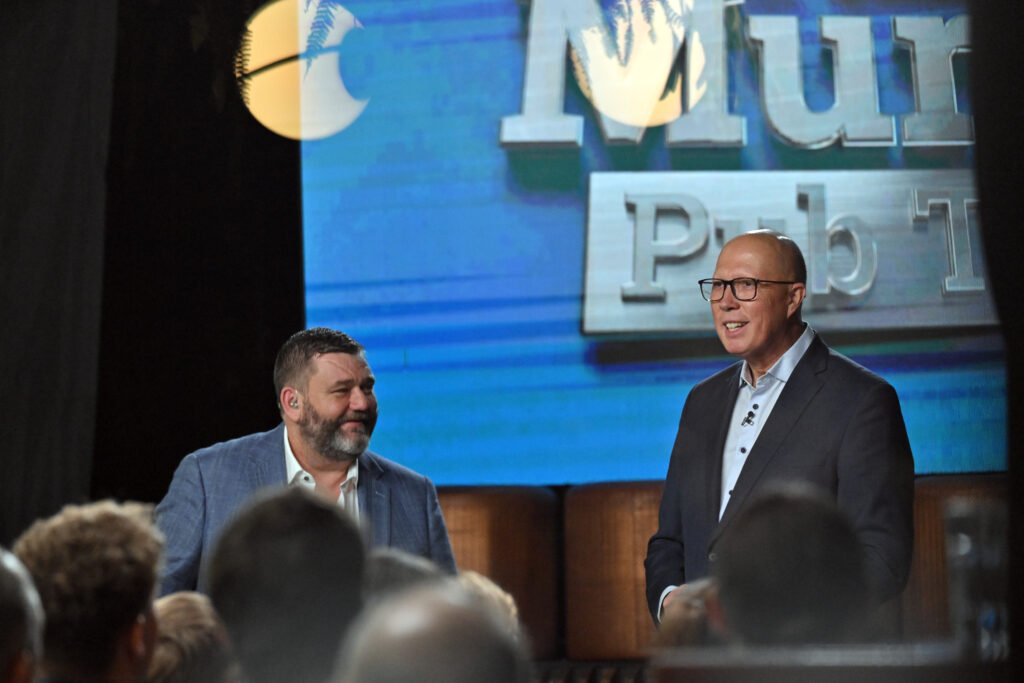Coalition lending easing plan likely to drive up housing prices even further
The Coalition is promising to reduce the safeguards that the financial regulator requires for people to get a mortgage. This will allow people to borrow larger amounts and, they reason, more of them will be able to buy a home.
But if everyone can borrow more then everyone shows up to the auction able to bid up the price. All that happens is house prices rise even faster.
Those that thought they might finally be able to buy a home realise they’re still locked out as prices race away from them. Those trying to save up watch as house price rises mean the deposit they need grows at a faster rate than they can put money away.
Just like the idea to let people access their super to buy a home, these kinds of ideas only help people who already own houses. They don’t help people trying to buy their first home.
Rather than pumping up demand for houses the Coalition should instead announce reforms to negative gearing and the capital gains tax discount which would reduce investor demand for housing. This will make housing more affordable and lift home ownership rates.




Loading form…